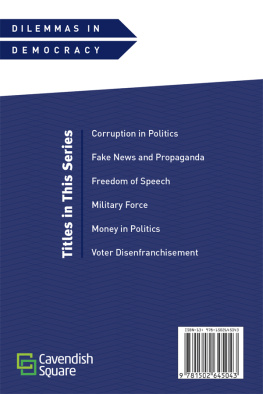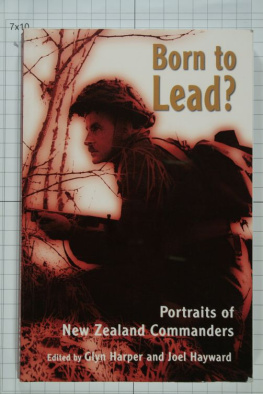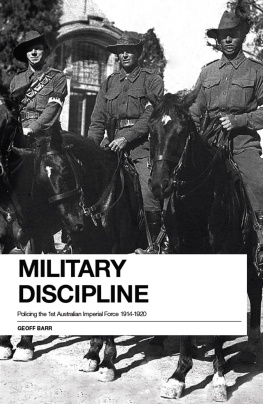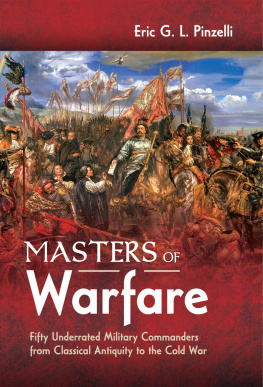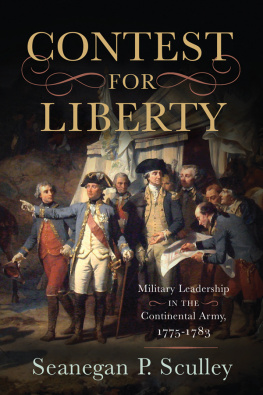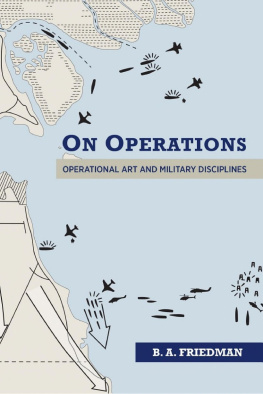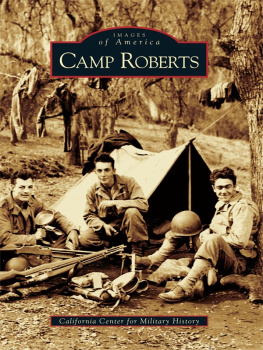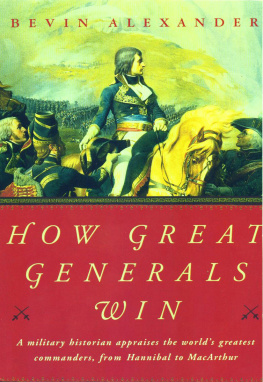Francis Lieber - Military Rules, Regulations & the Code of War: Francis Lieber and the Certification of Conflict
Here you can read online Francis Lieber - Military Rules, Regulations & the Code of War: Francis Lieber and the Certification of Conflict full text of the book (entire story) in english for free. Download pdf and epub, get meaning, cover and reviews about this ebook. year: 2010, publisher: Routledge, genre: Politics. Description of the work, (preface) as well as reviews are available. Best literature library LitArk.com created for fans of good reading and offers a wide selection of genres:
Romance novel
Science fiction
Adventure
Detective
Science
History
Home and family
Prose
Art
Politics
Computer
Non-fiction
Religion
Business
Children
Humor
Choose a favorite category and find really read worthwhile books. Enjoy immersion in the world of imagination, feel the emotions of the characters or learn something new for yourself, make an fascinating discovery.

- Book:Military Rules, Regulations & the Code of War: Francis Lieber and the Certification of Conflict
- Author:
- Publisher:Routledge
- Genre:
- Year:2010
- Rating:4 / 5
- Favourites:Add to favourites
- Your mark:
Military Rules, Regulations & the Code of War: Francis Lieber and the Certification of Conflict: summary, description and annotation
We offer to read an annotation, description, summary or preface (depends on what the author of the book "Military Rules, Regulations & the Code of War: Francis Lieber and the Certification of Conflict" wrote himself). If you haven't found the necessary information about the book — write in the comments, we will try to find it.
Military commanders from ancient time had set down rules and regulations to discipline their troops. From the Pharaohs on, commanders directed the strategy, tactics, and camp discipline of the often unruly hosts of soldiers under their command. They had one aim: to create an efficient fighting force. Military officers, camp-followers and cooks were all expected to perform their services according to mandate and in light of the best interests of the armed force and the fighting soldiery. Modern commanders have exemplified the same passion for military discipline to produce an effective combat machine.
Military analyses derived from Roman law contained enough historical examples to fill an encyclopedia. Yet, although addressed to the problems of their day, they generally remained the private counsel of scholars and had little impact on political and military decisions. While theorists of international law were developing a body of rules to govern warfare, practitioners of conflict were largely moved by the motives of military necessity.
Under the dual auspices of military necessity and national self-interest, the code of the military commander was simple: maintain a disciplined fighting force in order to achieve military victory. To remedy this gap between theory and practice, a practical guide was needed which would briefly describe for commanders in the field the rights and obligations of belligerents as custom and theory had developed them. Then political and military policy could be expected to conform to the theoretical law of nations. This was the synthesis that the Lieber code proposed. Originally published in as Liebers Law and the Code of War, this paperback edition bears a new title that more precisely identifies the subjects covered.
Francis Lieber: author's other books
Who wrote Military Rules, Regulations & the Code of War: Francis Lieber and the Certification of Conflict? Find out the surname, the name of the author of the book and a list of all author's works by series.

